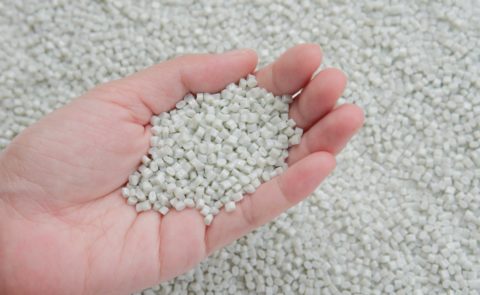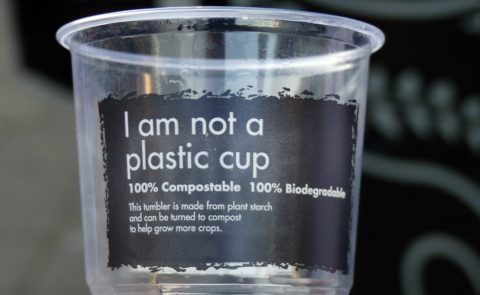

BIOPLASTICS – PLANT-BASED RESINS
There is now a much wider range of bioplastics that are suitable for injection moulding, including plant & starch-based plastics.

STARCH BASED PLASTIC
Plant starch plastics can be used instead of traditional plastic. Some manufacturers have already switched and often this is not realised. We can help you do the same.

DESIGN FOR REPAIR – PRODUCT DESIGN
With increased pressures on recycling and disposing of our broken products, there will be a greater emphasis on repairing them. This will need to be designed in.

ENVIRONMENTAL REGULATIONS
Regulations regarding a products end-of-life and who is responsible for it will be increasing. Already WEEE and RoHS are already in place
"We use design to deliver products that are sustainable"
Sustainable design - Gm Design Development UK can help?
We can help you at an early stage to define an environmental strategy for your product to ensure it's design will be sustainable. In the long-term, addressing this at an early stage in its development will ensure you benefit financially and will not incur any future costs. New government regulations will continue to increase across the globe, forcing companies to produce more sustainable products, making them responsible for their products' end-of-life.
The approach needed to tackle this will vary depending on the type of product being produced. A single-use disposable product such as a disposable bottle or piece of cutlery may be largely dependent on material choice. However an industrial or consumer product where perhaps the use of a bio-plastics may not be suitable, then design will play a key role to help deliver a product that can be easily recycled, repairable or upgradable, having the least impact on the environment.